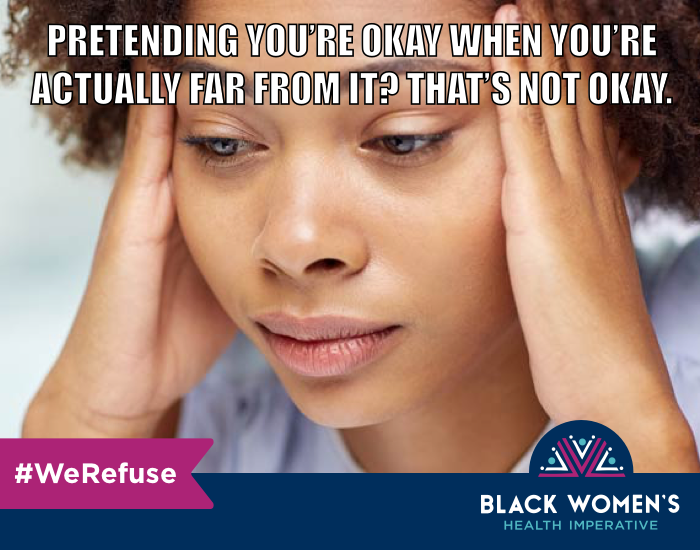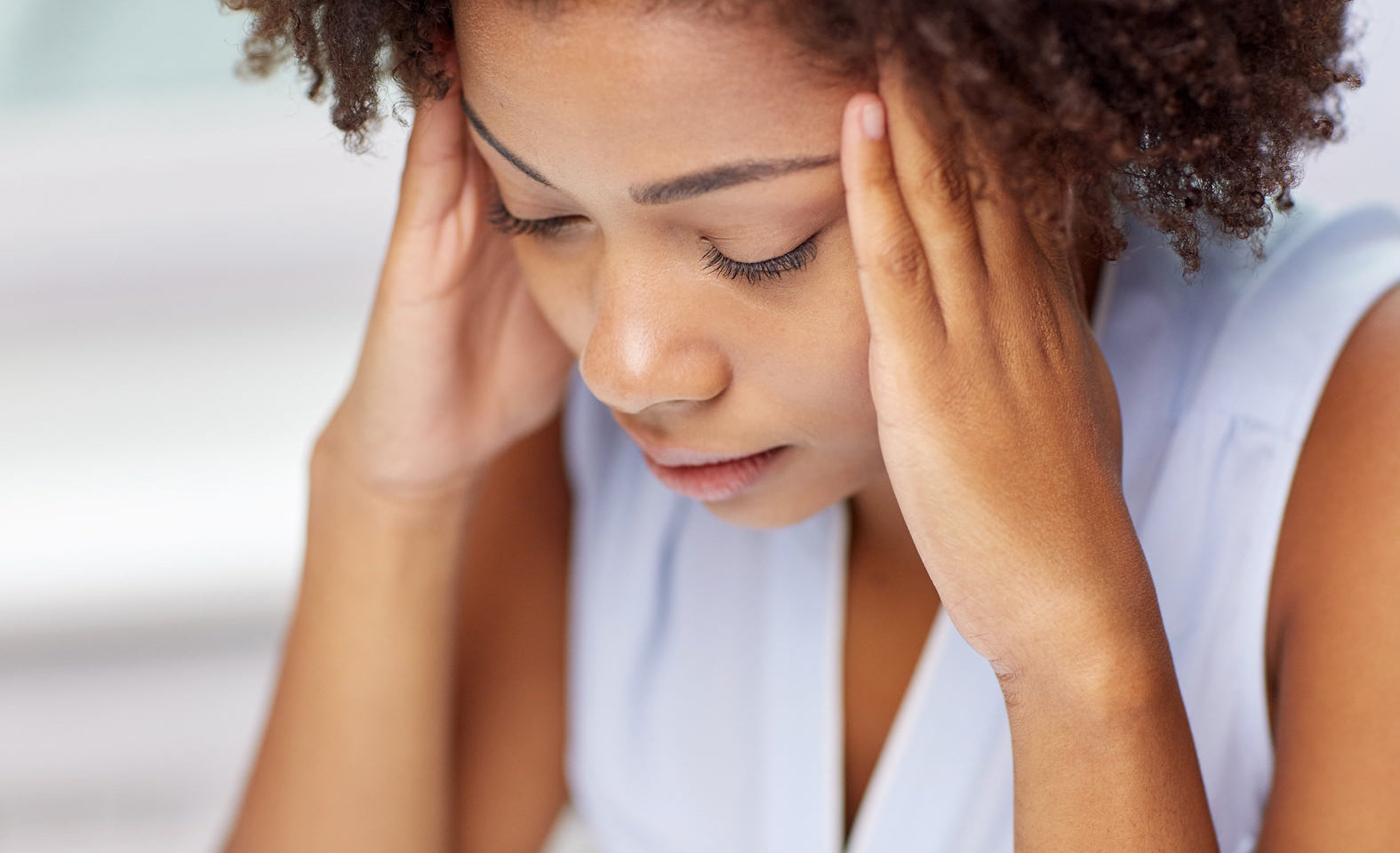Ladies, it’s time to set the record straight about depression in Black women. Why? Because depression is not just feeling the blues. It’s not something you have to put up with for weeks, months, or years on end. It’s not a sign that you’re not strong enough.
Depression is a mental health issue that needs to be confronted head-on. And that starts with knowing what depression really is. So, here’s the low-down about depression and how it might be different for Black women.
Depression Impacts Black Women Differently
The numbers don’t lie when it comes to spelling out the effect that depression’s symptoms can have on Black women. The percentage of Black women 18 years and older who report feelings of sadness, hopelessness, and worthlessness is a tiny bit higher than for white women.
| “I feel …” | Black Women | White Women |
|---|---|---|
| Sad | 3.9% | 2.9% |
| Hopeless | 2.4% | 1.9% |
| Worthless | 1.8% | 1.6% |
Source: U.S. Department of Health & Human Services Office of Minority Health
But nearly 10% of Black women say they feel like “everything is an effort.” Less than 6% of white women say the same.
It’s More Than Just Feeling Down
Depression can express itself through a lot of different emotions. If you’re struggling with depression you might notice that you feel:
- Sad
- Anxious
- Empty
- Irritable
- Restless
- Helpless
- Worthless
- Guilty
- Hopeless
- Pessimistic
These are all symptoms of depression. And if you’ve been having these symptoms for at least 2 weeks with no obvious cause, they are also a sign that it’s time to get help.
Depression Can Also Hurt Your Physical Health
Depression can take a toll on your body. For instance, you might notice:
- An increase or decrease in your appetite—which can lead to weight gain or weight loss
- Headaches or other body pains that have no other cause
- Feeling fatigued or tired more often
- Sleeping a lot more or less than usual
Depression Can Be All-Encompassing
Sometimes, you might just feel like you’re in a funk. But depression could be the real culprit if you are:
- No longer interested in activities you used to enjoy
- Having a hard time concentrating
- Struggling to remember things—like tasks on your to-do list
- Overwhelmed at the thought of making decisions that usually aren’t hard for you to make

Remember: Depression Is Treatable
In many ways, depression can be approached like an illness just like diabetes or high blood pressure. Like these illnesses, each person’s risk depends on lots of different factors.
Some of these factors—like only seeing the bad in every situation—are within your control. Others—like genetics—are not.
However, like diabetes or high blood pressure, depression is also treatable. Treatment might include medication, therapy, or a combination of the two.
Seeking treatment is not a sign of weakness. It’s a common misconception that Black women who struggle with mental health issues are simply weak—and that weakness is not acceptable.
But the opposite is true: Saying “I need help”—and then actually getting that help—shows just how strong you really are.
It’s time to break through the stigma about depression in Black women. Share this page to spread the word. Together, we can send a clear message: that we refuse to suffer in silence.


